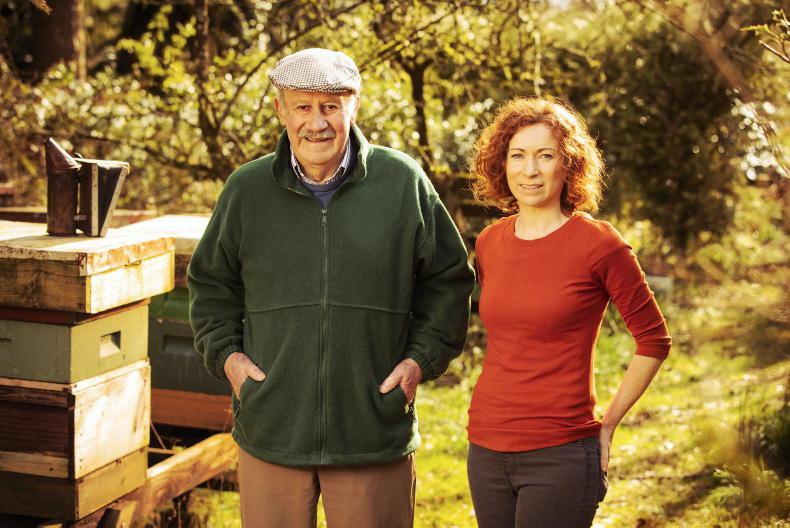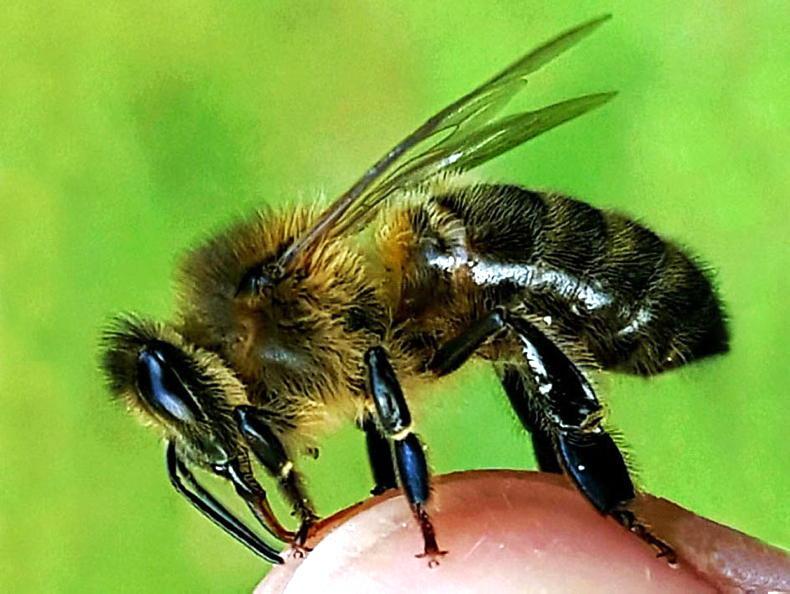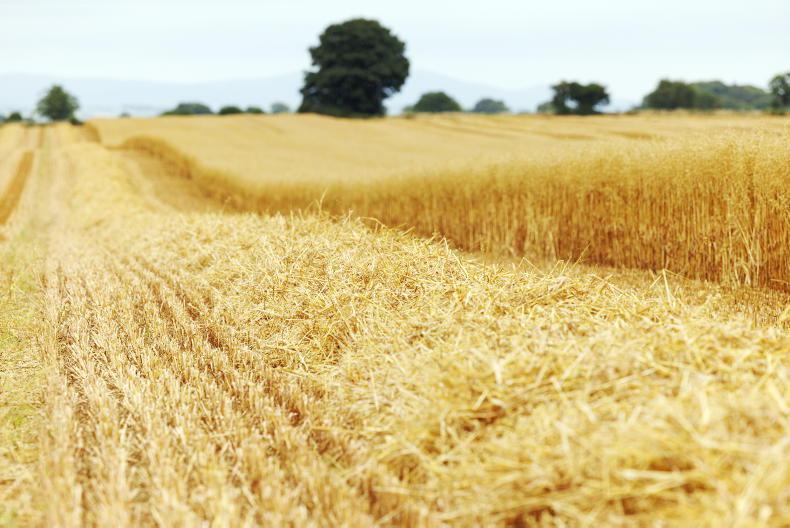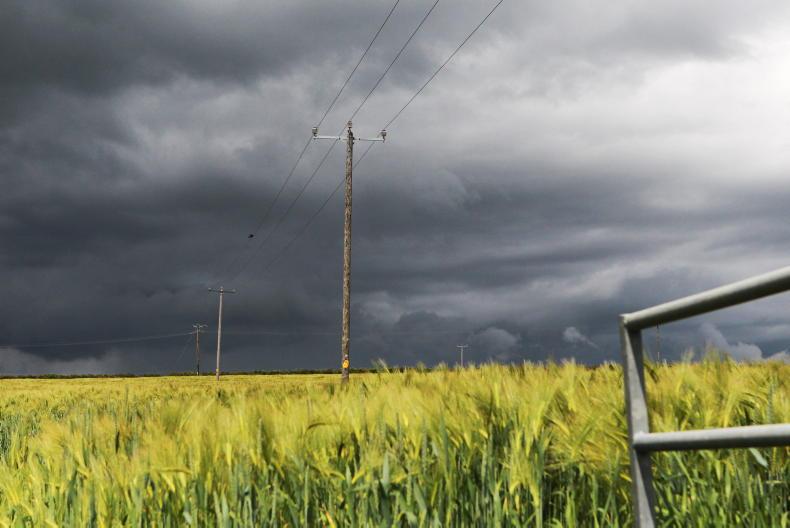One in 10 pollinating insects are on the verge of extinction, and up to a third of bee and butterfly species are declining, according to the European Commission.
The Commission recently announced a ban on pesticides known collectively as neonicotinoids, because of research which showed they were having a harmful impact on pollinator populations.
Harmful for both honeybees and wild bees
The ban caused uproar among farming groups, who insisted that neonicotinoids were necessary for growing and protecting crops.
They are one of the most widely used groups of pesticides over a wide range of crops, used on cereals, oil seeds, sugar beet, potatoes, pretty much all ornamentals horticulture and 30-odd fresh produce crops.
However, the Commission is insistent that the ban will remain in place and has launched a new pollinator plan to save the European bee population.
Increased awareness of caring for pollinators' natural habitats will be pushed for and measures will be introduced to provide data on the status and trends of pollinator species.
European Commissioner for Health and Food Safety Vytenis Andriukaitis said: "Following the Commission's proposal, the EU recently banned the outdoor use of three pesticides known as neonicotinoids that have been proven to be harmful for both honeybees and wild bees.
“Today's initiative further demonstrates our utmost commitment to protect pollinators through a broad range of actions."
Read more
Neonicotinoid ban extended due to its risk to bees and other pollinators
What the neonicotinoid ban means for farmers
One in 10 pollinating insects are on the verge of extinction, and up to a third of bee and butterfly species are declining, according to the European Commission.
The Commission recently announced a ban on pesticides known collectively as neonicotinoids, because of research which showed they were having a harmful impact on pollinator populations.
Harmful for both honeybees and wild bees
The ban caused uproar among farming groups, who insisted that neonicotinoids were necessary for growing and protecting crops.
They are one of the most widely used groups of pesticides over a wide range of crops, used on cereals, oil seeds, sugar beet, potatoes, pretty much all ornamentals horticulture and 30-odd fresh produce crops.
However, the Commission is insistent that the ban will remain in place and has launched a new pollinator plan to save the European bee population.
Increased awareness of caring for pollinators' natural habitats will be pushed for and measures will be introduced to provide data on the status and trends of pollinator species.
European Commissioner for Health and Food Safety Vytenis Andriukaitis said: "Following the Commission's proposal, the EU recently banned the outdoor use of three pesticides known as neonicotinoids that have been proven to be harmful for both honeybees and wild bees.
“Today's initiative further demonstrates our utmost commitment to protect pollinators through a broad range of actions."
Read more
Neonicotinoid ban extended due to its risk to bees and other pollinators
What the neonicotinoid ban means for farmers









SHARING OPTIONS